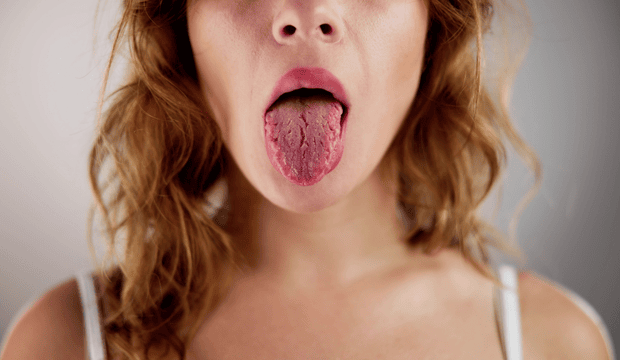- Mon - Fri: 8 AM - 5 PM.
- 1806 Professional Dr A, Sacramento, CA 95825

Dry mouth, medically known as xerostomia, is a condition where the salivary glands don’t produce enough saliva to keep the mouth wet. While occasional dryness may not be alarming, chronic dry mouth can interfere with eating, speaking, and increase the risk of dental problems.
For patients at Dental Krafts in Sacramento and across the U.S., understanding the causes and finding reliable remedies can significantly improve oral health and overall comfort.

Dry mouth can result from a variety of underlying causes, with medication being one of the most frequent. Numerous prescription and non-prescription drugs are known to decrease saliva flow—such as antihistamines, antidepressants, decongestants, muscle relaxants, and medications for high blood pressure. The likelihood of developing dry mouth is notably higher if you are on several medications at once.
Medical conditions also play a role. Diseases such as diabetes, Sjogren’s syndrome, Parkinson’s disease, HIV/AIDS, and the aftermath of a stroke are directly associated with xerostomia. These conditions often affect the body’s ability to produce or regulate saliva, making dry mouth a persistent issue.
Cancer treatments, particularly radiation therapy to the head and neck area or certain chemotherapy drugs, can damage salivary glands, significantly reducing saliva output. This can continue even after treatment ends, requiring long-term management.
Dehydration is another common and easily overlooked cause. Whether from inadequate water intake or fluid loss due to sweating, vomiting, or diarrhea, dehydration can quickly lead to dryness in the mouth.
Environmental conditions such as arid climates, along with habits like snoring or breathing through the mouth—particularly while sleeping—can also contribute to xerostomia.

When natural remedies are not enough, medical intervention may be necessary. Dentists frequently suggest using saliva substitutes—available as over-the-counter sprays, gels, or mouth rinses—that replicate the role of natural saliva to help relieve dryness. For more severe cases, prescription medications like pilocarpine may be prescribed to stimulate the salivary glands directly.
Fluoride treatments also play a critical role in managing the effects of dry mouth. These treatments can be applied during dental visits or through prescribed toothpaste and mouth rinses to protect teeth from decay caused by the lack of saliva.

Final Thoughts
Dry mouth may seem like a minor inconvenience, but if left untreated, it can lead to significant oral health problems and discomfort. Recognizing the causes and symptoms early allows for timely action, whether through natural remedies or professional treatment. At Dental Krafts, we understand how vital saliva is to a healthy smile. For those in Sacramento and beyond, our experienced team is here to diagnose, manage, and treat xerostomia with care and expertise.
If you’re experiencing symptoms of dry mouth, don’t wait. Explore our dental services and schedule your visit today.
Common causes include medications, medical conditions like diabetes or Sjögren’s syndrome, dehydration, cancer treatments, and lifestyle factors such as smoking or breathing through the mouth.
Yes, vitamin D deficiency can contribute to dry mouth. Vitamin D plays a role in immune and glandular function, and low levels may impair saliva production.
Avoid drinks with caffeine, alcohol, or high sugar content. These can further dry out your mouth or irritate oral tissues.
Start by drinking plenty of water, using sugar-free gum to stimulate saliva, avoiding irritants like alcohol, and keeping your environment humidified. For fast relief, saliva substitutes or gels may also help.
Quick Links
Services
Areas We Serve
Contact info
Open hours
remedy for dry mouth, dry mouth remedies, home remedies for dry mouth, mengatasi mulut terasa kering, dry mouth remedy, natural dry mouth remedy, dry mouth causes and remedies, how do i get rid of a dry tongue